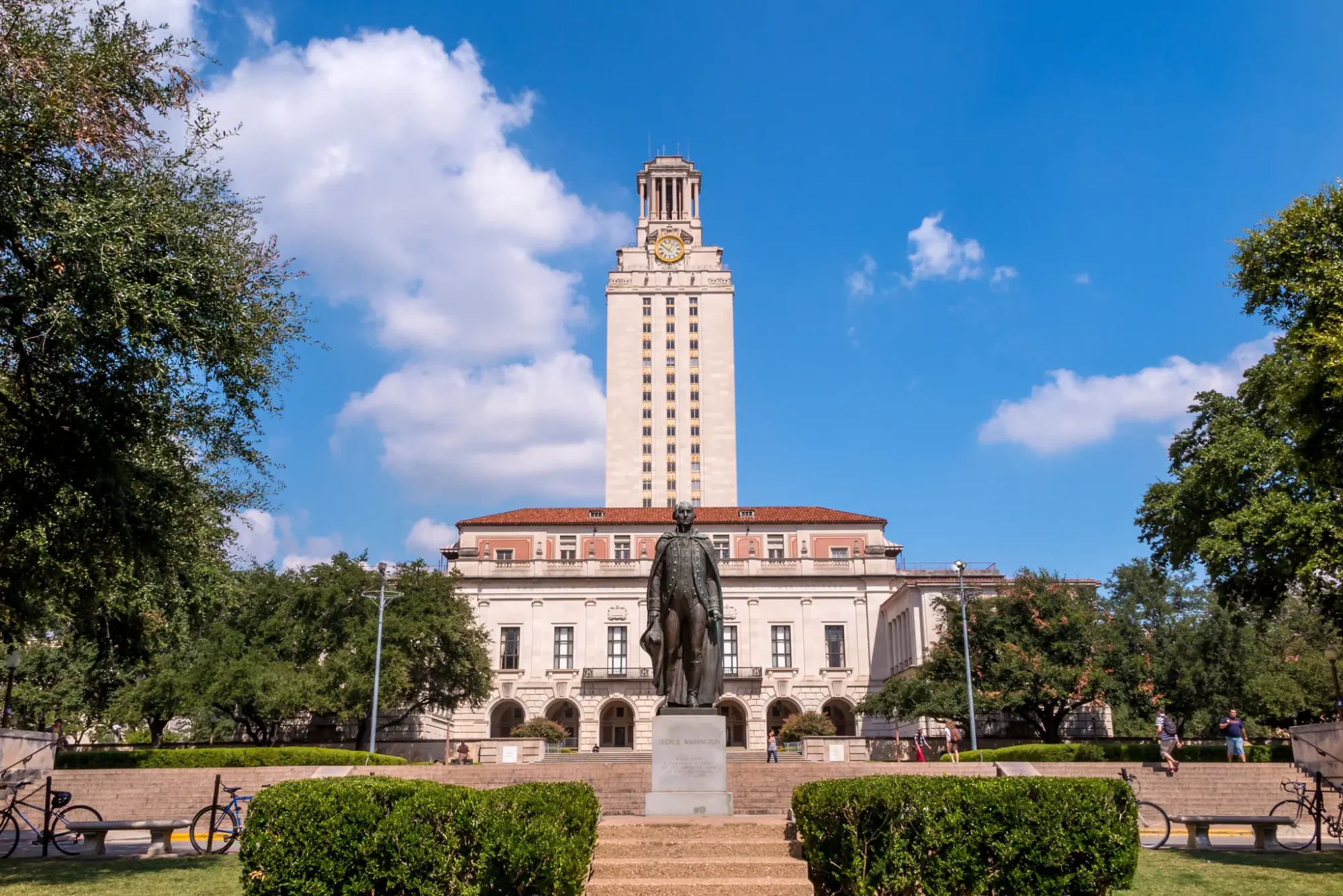In the final days of the legislative session, lawmakers were hustling to reach a compromise on legislation to expand the eligibility of a corporate welfare program. But because they couldn’t stop bickering over which cronies should get the cash, the bill suffered death by deadline—saving taxpayers millions.
A favorite slush fund of lawmakers in both parties, the Major Events Reimbursable Program was created in 2003 to be used as an incentive program handing hundreds of millions of tax dollars to private entities under the guise of economic development.
The plan is pitched as a way to encourage major events, such as the Super Bowl or a NASCAR race, to choose Texas by handing back a portion of the tax dollars the state generates from hosting such an affair.
The problem is that audits and reviews of the program have determined that many of the events rewarded under the program would have come to Texas without the additional subsidy—a problem further evidenced by the fact that lawmakers often push legislation to make past events that have already occurred eligible for subsidy retroactively—and the subsidy awarded to them often outstrips the additional tax dollars generated.
This session, lawmakers filed myriad bills aimed at expanding the program for other pet projects. The most followed were House Bill 4088 and Senate Bill 2182.
Authored by State Rep. John Frullo (R–Lubbock), HB 4088 would have made the Circuit of the Americas in Austin eligible for a $25 million kickback they had previously been ruled ineligible to receive. The bill passed the Texas House but died without a hearing in the Texas Senate.
However, still alive was SB 2182, a bill by State Sen. Jane Nelson (R–Flower Mound) to make the National Hot Rod Association’s Fall Nationals eligible for public subsidy and lower the standards required for public funds.
According to the bill’s analysis, there were “interest” and “concerns” about the event coming to Texas without its organizers getting kickbacks from the state government.
“It has been noted that there is interest in including the National Hot Rod Association Fall Nationals among those events eligible for funding through the major events reimbursement program. It has been further noted the Texas Motor Speedway, which is currently eligible for funding through the program, is undergoing renovations that will impact the number of seats at the speedway. Concerns have been raised that such renovations may make the speedway no longer eligible for funding through the program. C.S.S.B. 2182 seeks to address these concerns by setting out provisions relating to the eligibility of the applicable events for funding under the major events reimbursement program.”
The bill passed the Texas Senate in mid-April with only two lawmakers, State Sens. Bryan Hughes (R–Mineola) and Lois Kolkhorst (R–Brenham), registering their opposition to the measure.
The bill then came to the Texas House, where lawmakers determined it was likely the only surviving vehicle for their own corporate welfare schemes and thus substantially amended it on the floor to add their pet projects to the bill.
First, Democrat State Rep. Nicole Collier (Fort Worth) amended the bill to make the “International World Exhibition & Festival Organization” eligible for tax dollars. Republican State Rep. Tan Parker (Flower Mound) would later narrow the scope of this amendment to a festival honoring the life of South African revolutionary Nelson Mandela.
Next, Republican State Rep. John Frullo (Lubbock) added his bill to make Circuit of the Americas retroactively eligible for $25 million in the form of an amendment.
The bill then went back to the Texas Senate where Nelson refused to accept the amendments and requested a conference committee. Though both chambers appointed conferees, the legislators couldn’t hammer out a compromise—likely because each event would compete against the others for the limited dollars in the fund—and the whole bill died.
Taxpayers can take comfort that they aren’t on the hook for even more corporate welfare through the Major Events Reimbursement Program, but they should also realize that it wasn’t the lawmakers’ hesitance to spend more of their money that saved them—it was their greed.





